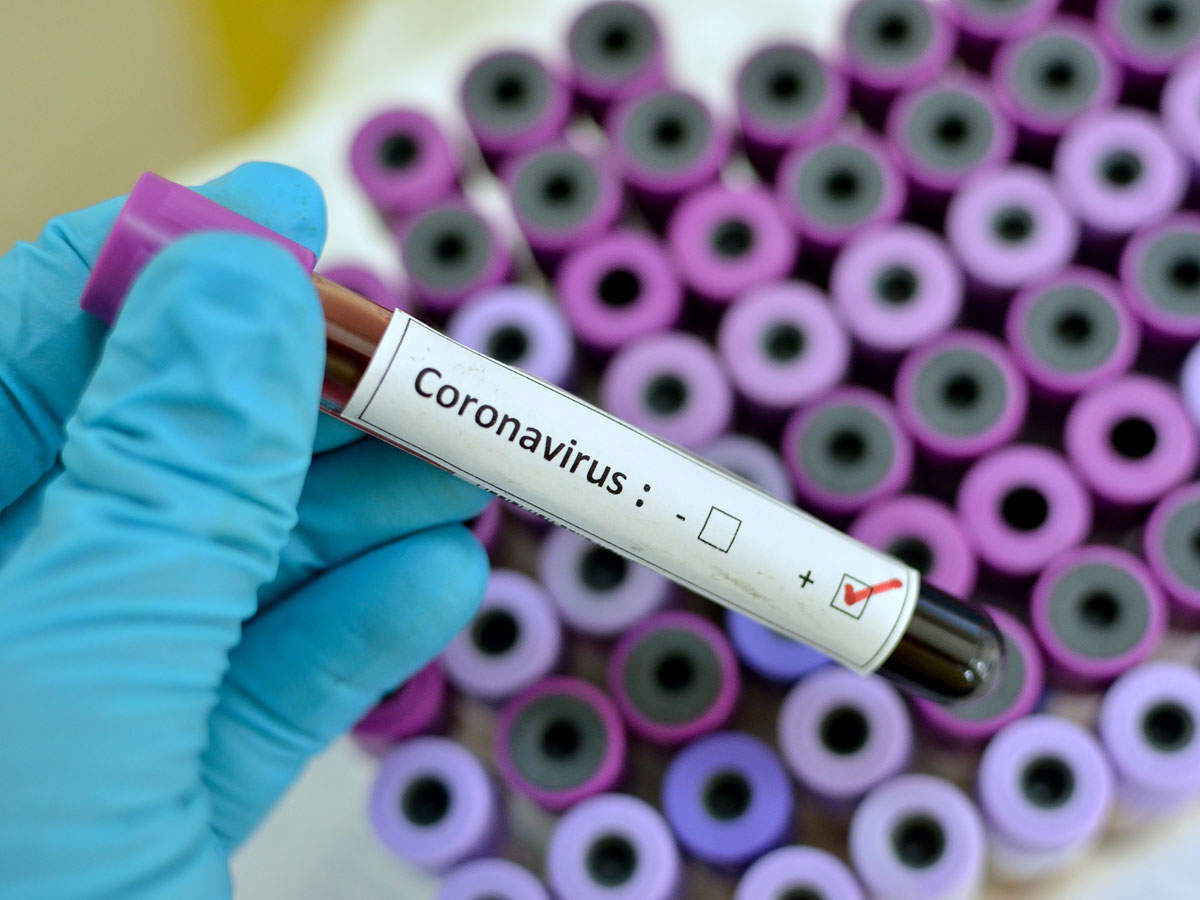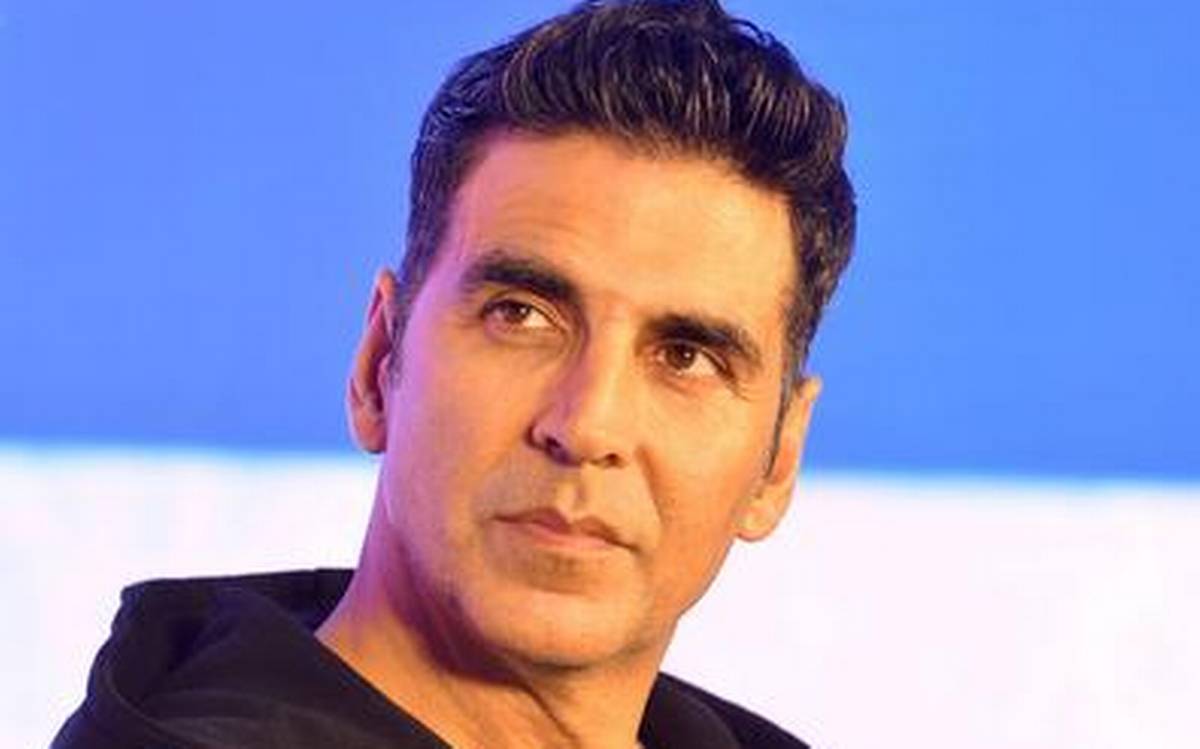-Amit Singh, Founder & CEO, TelioLabs
Digital technologies are resilient to hospitals, making new health tech, innovation and concept of industry 4.0 adoption possible in hospitals, which include the use of Internet of Things (IoT), Artificial Intelligence (AI), Big Data Analytics which has become a topic of utmost interest over the last decade. Pharma sectors across the advanced economies have already started adopting digital technologies in their service delivery scopes. The Indian healthcare sector has yet to take full leverage of such digital enabled platforms and technologies to transform itself, while catering to suffering patients, healthcare executives, hospital staff, physicians, and medical practitioners.
Thus, there is a dire need for theoretical understanding with an inclusive goal of clarifying the outcomes of digital technologies adoption and public support for or recommendation of a particular cause or policy on healthcare services and its orchestration. Going further Indian Healthcare Industry should adapt principal applications from the Industry 4.0 movement to enable instant healthcare customization of care to patients and its professionals. Industry 4.0 and digital technologies can potentially support resilient performance in healthcare systems, which refer to their adaptability capacity to cope with complexity.
Through this thoughtful writing piece, we would like to explore the impact of digital technologies on the abilities of resilient systems in the context of healthcare systems & hospitals.
Digitalization of the healthcare supply chain: A roadmap of effective healthcare delivery
By implementing digitization initiatives in supply chain management Managers could bridge those gaps where the healthcare supply chain lags far behind in other industries in terms of performance, the deployment of best practices, and improvement of overall rendering time or response time of the healthcare facilities at the time of the pandemic. However, the unpredictable, isolated digitalization of practices has already been deployed in the healthcare sector which makes it difficult to maximize the potential of these initiatives. In order to generate the greatest benefits from digitalization while improving healthcare delivery, supply chain, or limited patient flow in hospitals, healthcare firms should adopt the perspective of the hospital as a central launching point for digitization initiatives.
Digital Technologies as Forerunner
By fostering digital Technologies as a forerunner in the healthcare sector, or by analysis of Digital Technologies that precedes the development in healthcare service, we can improve overall transparency and orchestration of various health care processes. As healthcare service providers continuously seek innovations in sync to modern tech for patient monitoring and lifecare support systems, Healthcare is a sector where we can speed up the process of care service by enhancing process via using technology. By developing flawless design, creation, and delivery systems for end-to-end services companies can achieve service orchestration which can pave the way and encourage potential sets of hospitals, characterized by decision dilemmas, waiting at the verge of health tech promotion in healthcare context, specifically in the Indian subcontinent context.
Innovation, Issues and future trends in healthcare
Despite the various findings that the healthcare sector has seen a proliferating growth in the past few years, futility such as Digital Divide, Device Affordability, Digital Literacy Technology Adoption still exists and little is accomplished in understanding how to overcome these shortcomings by bringing innovation in healthcare. Healthcare IT is a most promising ground which has a force to drive Indian healthcare forward, making it more accessible through last-mile connectivity. Improved Interoperability between devices and healthcare systems can enhance patient experience, engagement, and can reduce overall expenditure of healthcare delivery in the long haul by making it more systematic and data-driven.
Trends that will pave the way
In order to unlock healthcare data, unearthing relevant information, which holds supreme importance for making clinical decisions, the concept of advanced Artificial Intelligence (AI), Machine Learning (ML) and Big Data analysis is constantly being used by consultants. On the other hand The Internet of Things (IoT) will help physicians and hospital staff performs their duties comfortably, and intelligently. Historically the healthcare industry has been one of the last fields to adapt to any changes; however, it is now not only amalgamating new technological advancement at an unprecedented pace but also driving innovation which is making a huge impact on public health. While we look at the future application and trends Artificial Intelligence in Healthcare, using telemedicine over prescription, cloud computing, AR/VR, Internet of medical Things (IoMT) will pave the way.
For Indian healthcare sector, Industry 4.0 and continuously evolving digital technologies will extend visibility virtually in every vertical of the business – from development to manufacturing, transport, distribution, dispensing, and consumption. Real-time information, when glued with advanced AI ML and Big Data analytics engines form up the basis for making healthcare more reliable, faster, and efficient. By implying future ready digital tools in healthcare systems we can empower it to make more precise decisions, heightened its efficiencies by verifying product quality, and ensure regulatory compliance.











